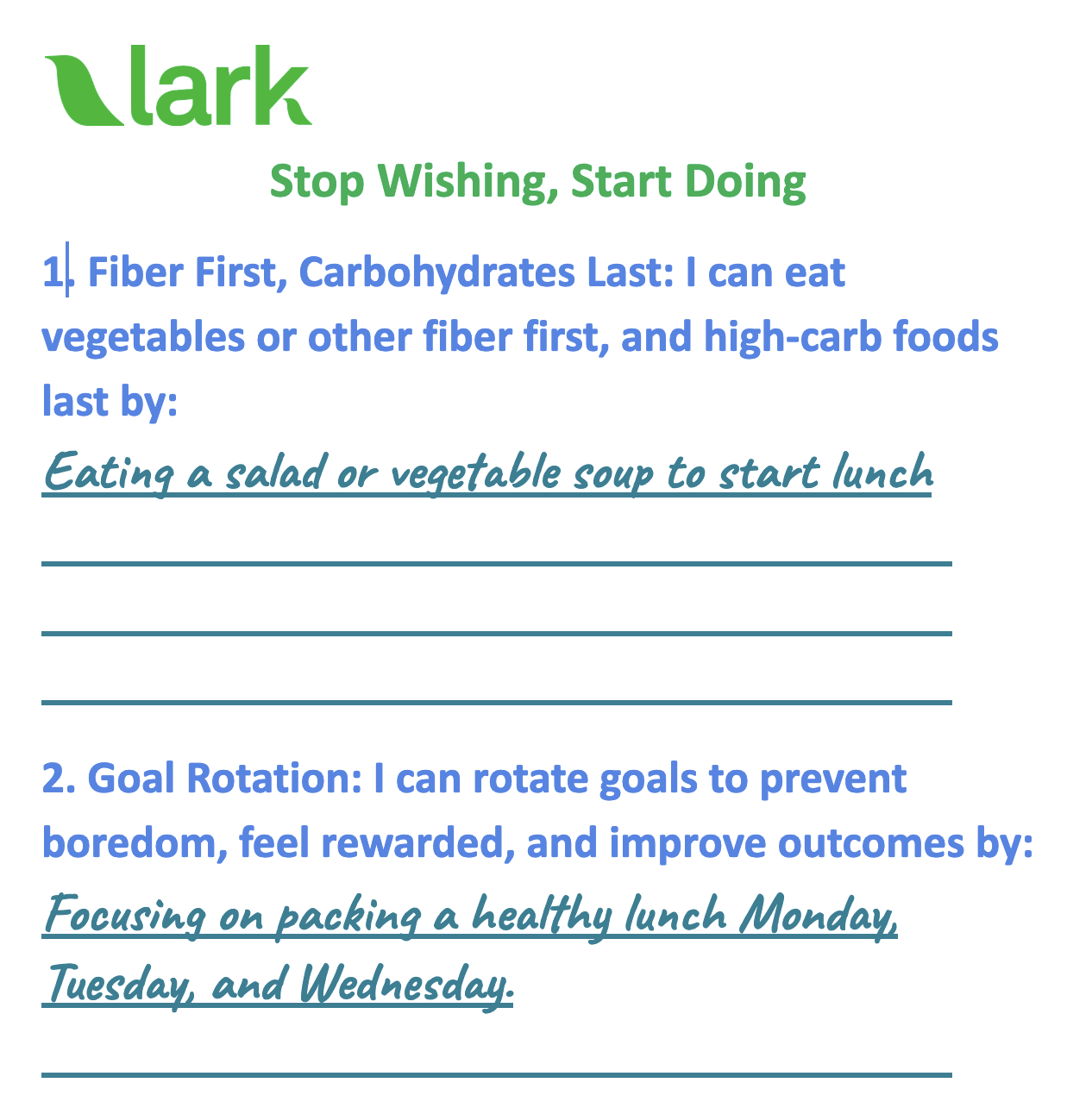Prediabetes is stage 1 diabetes, which is when it is still reversible. Diabetes is not something you or any loved one should brush aside. When zooming out to take a look at all the possible complications and harmful outcomes, diabetes is truly scary.
If you are a diabetic or know one, you may have fears like these:
- "I may go blind."
- "I may need transfusions."
- "I may have to amputate my foot or leg."
- "If my sugars spike, I can collapse."
- "If my sugars drop, I can collapse."
- "Supplies and meds for diabetes will cost me over $7,900 per year, forever."
The truth is all these are possible if diabetes is not treated and managed properly. Let's take a closer look at the risks you face with diabetes.
As blood vessels, nerves, and organs become damaged, your risk of diabetes complications increases. These are the most serious:
- 1 in 10 diabetics have had a cardiovascular adverse event (e.g heart attack) within the past 2 years. This is the highest risk factor.
- The next highest risk factors are kidney disease and limb amputation
- The risk of mortality (i.e. the risk of death of a diabetic compared to a non-diabetic in a given year) is 35%.
- Major eye complications (diabetic retinopathy) are linked to blood vessel problems in the eyes. Diabetes is a leading cause of preventable blindness; cataracts and glaucoma are also common.
- Reduced blood flow to nerves and high blood sugar results in nerve pain, burning, numbness (peripheral neuropathy).
- Serious leg and foot infections, even gangrene and amputation, are due to poor blood circulation, lack of oxygen and nutrients to tissue, and nerve damage.
- Kidney damage (diabetic nephropathy) is a common risk for people with diabetes.
Diabetes can wear down nearly every part of your body, including the: Heart, blood vessels, eyes, kidneys, nerves, gastrointestinal tract, gums and teeth.
The good news is that you can avoid this if you take it seriously. It's very easy to lose control, we've all had times when we've let our control slip. If you don't control it, unfortunately, you will, in all likeliness, experience complications. Don't let diabetes take over your health and cause more complications. Plus many of these long term effects are not always reversible.



.jpg)









.webp)





